IPO TRACKER
A real-time look at every biotech IPO filed and the amount raised in all the world's indexes. Compiled by editor Max Gelman.
A real-time look at every biotech IPO filed and the amount raised in all the world's indexes. Compiled by editor Max Gelman.

The cardiometabolic biotech ran a dual-track process in fall 2023 and had filed for a potential IPO that was expected in December, but Roche’s $2.7 billion upfront buyout was too enticing for Carmot Therapeutics to pass up. Roche got its hands on oral GLP-1 candidates as almost every Big Pharma looks to enter the obesity and diabetes field. Carmot’s private financing journey was long, going all the way to a $150 million Series E in summer 2023 after earlier in the year spinning out Kimia Therapeutics.

The CAR-T biotech was one of the few cell and gene therapy startups to land on Wall Street in 2023. CARGO is testing a CD22 autologous cell therapy in patients with large B-cell lymphoma who have failed on previous CD19 CAR-T therapy, and the biotech hopes the study will support a quick approval. It emerged early in 2023 with a $200 million Series A.
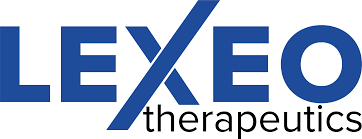
New-York based gene therapy developer Lexeo Therapeutics pulled in $100 million in its IPO, pricing 9.09 million shares of its common stock at $11 per share on Nov. 2. The company’s pricing was $2 lower than it had originally proposed. Lexeo expects to have Phase I/II data for its gene therapy for Friedreich’s ataxia cardiomyopathy in the middle of next year and Phase I/II data for its Alzheimer’s gene therapy in the second half of 2024.
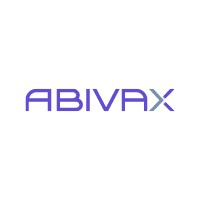
The Paris-listed biotech also joined the US stock exchange in fall 2023 as it runs a Phase III trial of its inflammatory bowel disease pill. The decade-old Abivax priced at the low end of its range to “recognize that the general market is not easy,” CEO Marc de Garidel told Endpoints News.
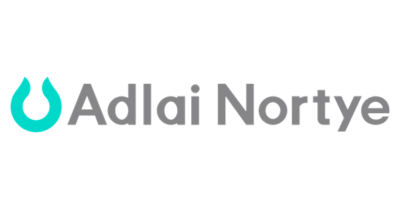
The late-stage biotech joined the Nasdaq in the lead-up to a potential accelerated approval filing in the second half of 2024. Its lead candidate is a PI3K inhibitor licensed from Novartis and in Phase III for squamous cell carcinoma of the head and neck. In 2021, it had filed for a Hong Kong Stock Exchange listing.
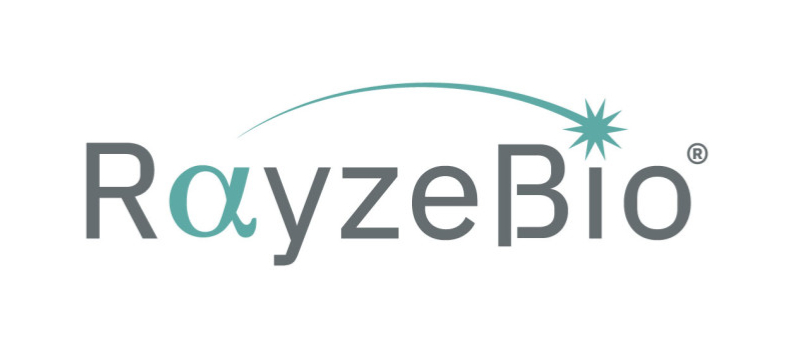
Radiopharma startup RayzeBio’s $311 million IPO was one of the biggest of the year. The Phase III biotech went public as radiotherapies took off in biotech, and Bristol Myers Squibb inked a $4.1 billion deal to buy RayzeBio in late December.
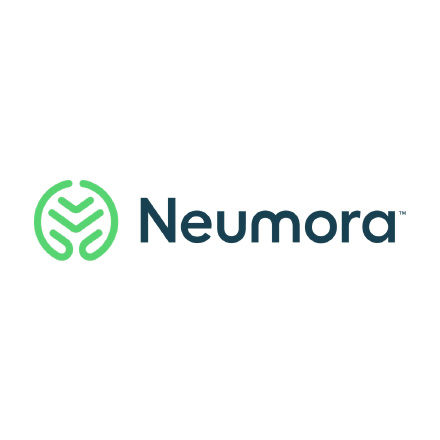
Clinical-stage biopharma Neumora Therapeutics, which is developing drugs for brain diseases, priced its IPO at $17 per share, selling 14.7 million shares for about $250 million. Neumora currently has seven clinical and preclinical neuroscience programs targeting a range of neuropsychiatric disorders and neurodegenerative diseases. It was founded in 2019, with the backing of Arch Venture Partners. Then in 2021, Amgen made a $100 million equity investment as part of a collaboration. In July, the company started a Phase III trial for navacaprant, a monotherapy for the treatment of major depressive disorder, after mid-stage studies showed the drug had statistically significant and clinically meaningful changes in depression symptoms.
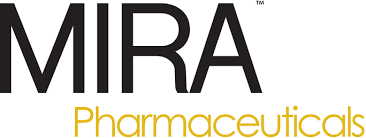
The Baltimore-based biotech is developing a synthetic THC analog and is looking at treating anxiety, cognitive decline and other neuropsychiatric disorders.
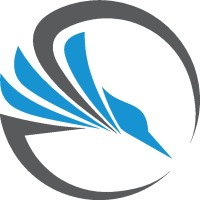
The solid tumor biotech went public to support clinical trials of its lead tumor-infiltrating lymphocyte therapy, a newer class of therapies that have yet to receive an FDA approval. The biotech previously had partnerships with AbbVie and Takeda, but both pharma companies dropped their pacts.
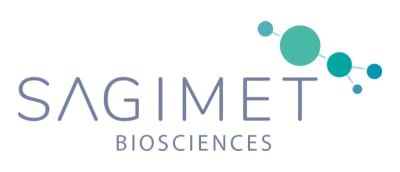
The Phase IIb biotech went public as the NASH field (now sometimes called MASH) tries to ride a turnaround after years of development failures. The biotech had initially sought to go public in 2021, but the chilled markets led it to dial back those ambitions in spring 2022.
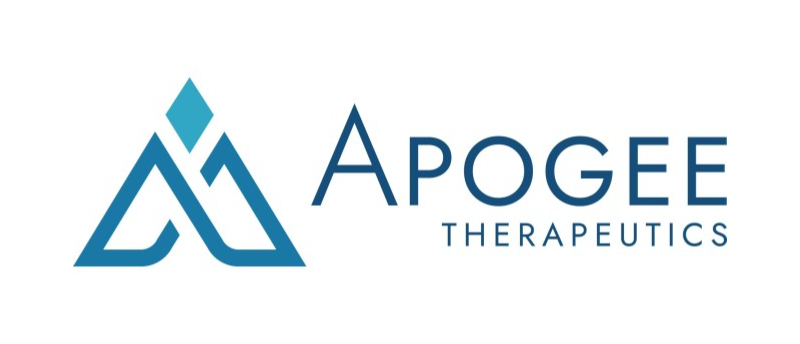
Startup Apogee Therapeutics, which spun out of Paragon Therapeutics, emerged from stealth last year with $169 million before going public in July. The company pulled in $345 million for the company for 20.2 million shares. Apogee focused on APG777, an under-the-skin monoclonal antibody-targeting IL-13. The drug is expected to enter a healthy volunteer study in Australia before the end of the year, with plans for a Phase II in atopic dermatitis if all goes well in the first trial. In August, Apogee said it expects to have initial data for APG777 in the middle of 2024. Apogee’s also developing a mAb targeting IL-4Rα for COPD, and it has two earlier-stage programs, APG990 and APG222, in atopic dermatitis.
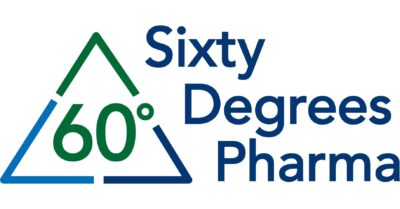
The DC-based biotech created a malaria prevention treatment and is attempting to move into Covid-19 and other infectious diseases.

The clinical-stage Connecticut biotech is working on cancer therapeutics and expects to begin a Phase III study in the first half of 2024.
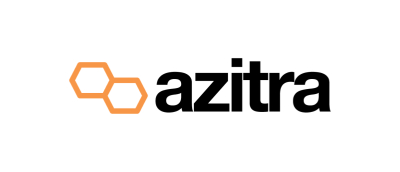
The Branford, CT-based biotech is working on dermatological products for a rare pediatric disease, cancer therapy-associated rash and other indications, and it has a collaboration with Bayer.
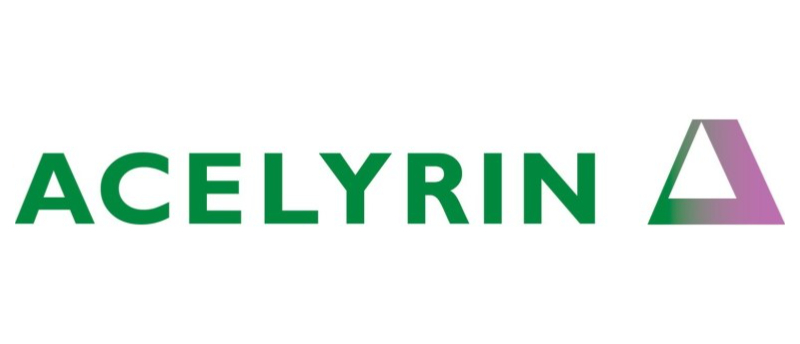
Immunology biopharma Acelyrin raised $540 million with an upsized initial public offering of 34.5 million shares of common stock. At the time of a $250 million Series B in 2021, Acelyrin CEO Shao-Lee Lin, who previously led R&D at Horizon Therapeutics, told Endpoints News that her company would ponder an IPO “within the context of 2022.” They raised another $300 million last fall. The company is investigating izokibep, an IL-17a inhibitor, in multiple Phase IIb/III studies for moderate-to-severe hidradenitis suppurativa (HS), uveitis and psoriatic arthritis with expectations for a data drop as soon as the second half of 2023. Acelyrin paid Affibody $25 million upfront in 2021 and will dole out up to $280 million more in regulatory and sales milestones and royalties for the drug. Acelyrin has a Phase I thyroid eye disease candidate, an anti-IGF-1R dubbed lonigutamab. A Phase I/II trial in patients is ongoing. Acelyrin also has SLRN-517, a fully human monoclonal antibody targeting c-KIT, in a Phase I/II trial in both healthy volunteers and chronic urticaria patients. That study is actively enrolling.
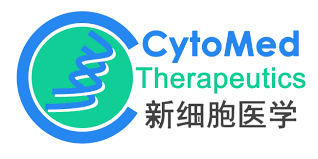
The Singapore-based biotech is working on off-the-shelf cell therapies for cancer in southeast Asia and was spun out of Singapore’s Agency for Science, Technology and Research, or A*STAR, in 2018.
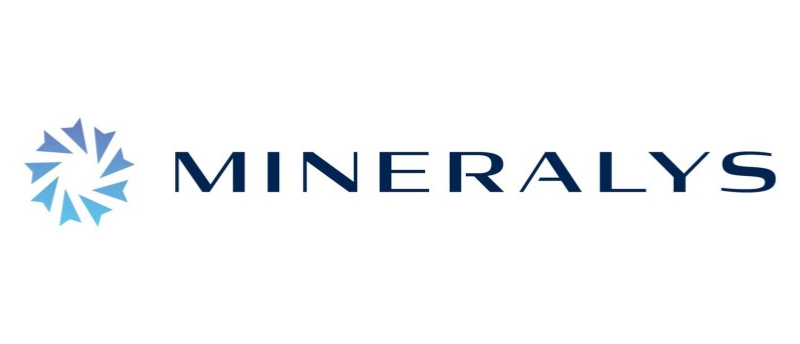
Drug developer Mineralys Therapeutics closed its IPO of 13.8 million shares of common stock in February, collecting aggregate gross proceeds of $220.8 million. The Pennsylvania-based company plans to use the money on development of its hypertension drug lorundrostat, an aldosterone synthase inhibitor. Mineralys announced in July an expanded, exploratory two-part Phase II trial testing out lorundrostat as a potential treatment for stage 2 to 4 chronic kidney disease. The company plans to start enrolling patients in the second half of 2023 while topline data is expected between the end of 2024 and the beginning of 2025. The biotech licensed lorundrostat from Japan’s Mitsubishi Tanabe. Mineralys first hit the scene in 2021 with $40 million in Series A funds with its focus on aldosterone, a hormone linked to increased blood pressure and a contributor to the development and progression of chronic kidney disease.
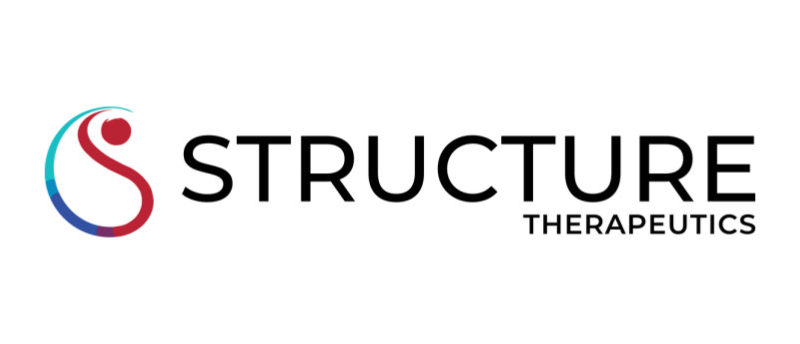
Structure Therapeutics pulled off a $161 million IPO thanks to a star scientist co-founder paired with the computational drug discovery company Schrödinger. Structure, known as ShouTi until last summer, also pulled in $198 million in private funding from blue-chip investors and has years of research work on G protein-coupled receptors (GPCR) and a portfolio of oral, small-molecule drugs. Raymond Stevens, the co-founder and CEO, is credited for mapping the first human GPCR in 2007 while at Scripps Research. The money raised from the IPO is going toward Structure’s small-molecule, oral drug GSBR-1290 which “demonstrated glucose-dependent insulin secretion and suppressed food intake, resulting in weight reduction,” according to the S-1 filing. In May, Structure started a Phase IIa study of GSBR-1290 in adults who are overweight or obese and in patients with type 2 diabetes who are overweight or obese. Structure is headquartered in San Francisco and has a site in Shanghai.

The Westlake Village, CA-based biotech is testing oncolytic viral immunotherapies for cancer in clinical trials.
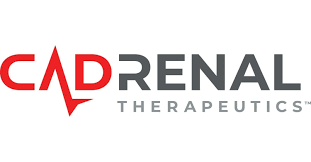
The clinical-stage Florida biotech is working on a cardiorenal therapy that has orphan drug designation.